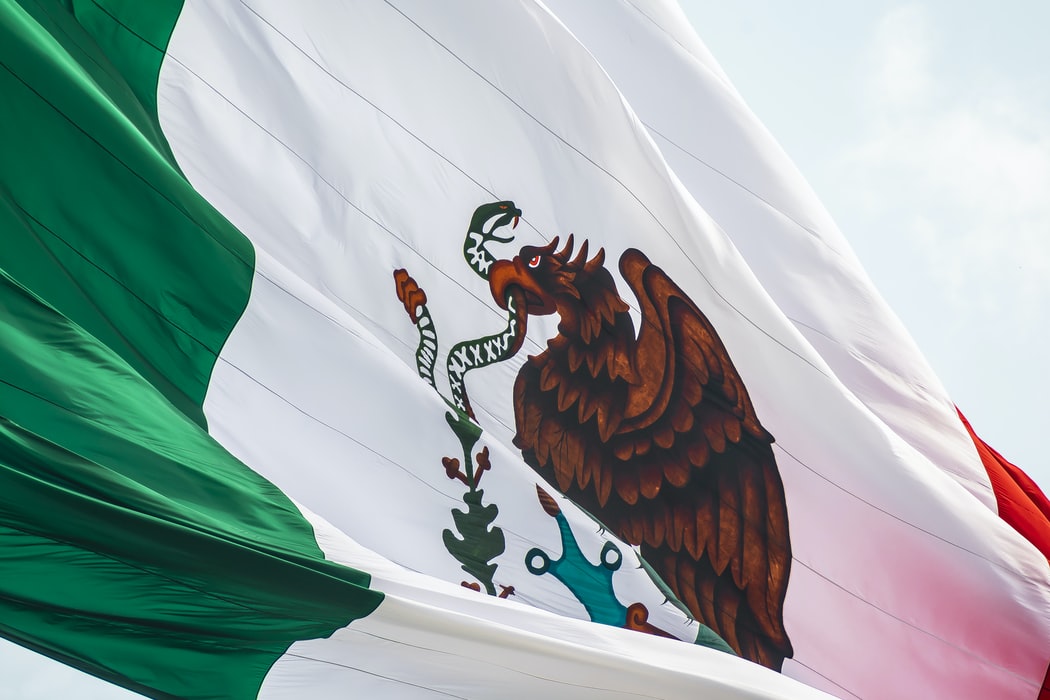
This article sets out rules to help avoid conflicts that may arise in the case of dual citizenship. In general terms, Mexican citizenship is based on the principles of both soil law and blood law. The Mexican Constitution also distinguishes between Mexicans by nationality (nationals) and citizens of Mexico (citizens).
According to Article 30 of the Mexican Constitution, there are two ways in which a person can acquire Mexican citizenship: by birth or by naturalization.
By birth
The Constitution states that the citizens of Mexico by birth are:
- persons born in Mexican territory, regardless of the citizenship or immigration status of their parents in Mexico;
- persons born abroad of a Mexican citizen born in Mexico;
- persons born of a person after that person became a naturalized Mexican citizen;
- persons born on Mexican merchant ships, ships, or aircraft registered in Mexico, regardless of the parents’ nationality;
- children born to Mexican diplomats or Ministry of Foreign Affairs employees working abroad.
Naturalization
Mexican citizens by naturalization are:
- those who receive a letter of naturalization from the Secretariat of Foreign Affairs and
- a person who is married to a Mexican citizen residing in Mexico who meets the legal requirements to have lived with a spouse for two years immediately before the date of application.
The Citizenship Law also stipulates that a foreigner wishing to naturalize must do the following:
- submit a statement to the Secretariat of Foreign Affairs;
- formulate a waiver of the country of origin and take the oath of sole citizenship to Mexico.
- prove knowledge of Spanish and Mexican history;
- show integration into the national culture; and
- prove residency in Mexico for five years immediately before applying, or
- two years of residence, if: a direct descendant of Mexican by birth; or the mother or father of a Mexican by birth; or is a citizen of a Latin American or Iberian country;
- or, in the opinion of the Secretariat, she or he has performed or created outstanding cultural, social, scientific, technical, artistic, sports, or business work that benefits the country, in which case the foreigner is not required to reside in Mexico for the number of years required by law;
- or one year of residence if adopted by a Mexican citizen, as well as all minors who are second-generation descendants or were under the care of a Mexican citizen.
Mexican nationality
Mexican citizenship entails several obligations set out in Article 31 of the Constitution, namely:
- take their children or students to public or private schools for preschool, primary and secondary education; as well as military education by the requirements of the law;
- to appear at the days and hours established by the municipalities in which they live, to receive civil and military instructions;
- to be called up and serve in the National Guard to protect independence, territory, honor, rights, and interests of the state;
- contribute to government spending through their taxes.
The following documents serve as proof of nationality:
- birth certificates;
- naturalization letter;
- passports;
- national identity cards for minors,
- consular identity cards, if they have a digital photograph, magnetic stripe, and holographic identification.
Mexican citizenship
As with most other countries in Central and South America, Mexican law distinguishes between nationality and citizenship. Nationality is an attribute of a person in international law, which describes their relationship to the state, while citizenship is granted to those citizens (of Mexican nationality) who have certain rights and obligations to the state. Article 34 of the Constitution establishes that Mexican citizens are those Mexicans who have turned 18 years of age and who lead an “honest lifestyle.”
Mexican citizens have the following rights:
- vote in any election;
- be elected in any election;
- freely gather or unite to participate in the political affairs of the state;
- enlist in the Mexican Army or National Guard to protect the Republic and its institutions, and
- exercise the right to petition.
Mexican law also distinguishes between naturalized citizens and citizens of natural origin. By the Constitution, naturalized citizens are prohibited from holding various, mainly government, positions:
- Mexican military in peacetime
- Police officers
- Captain or pilot of any ship or aircraft flying the Mexican flag
- President of Mexico
- Member of the Congress of Mexico
- Member of the Supreme Court of Mexico
- Governor of the Mexican State
- Mayor or Member of the Legislature of the City of Mexico City.
Loss of citizenship
Article 37 of the Constitution establishes that Mexicans by birth can never be deprived of their citizenship when acquiring another (foreign). However, naturalized Mexicans can lose their citizenship by following these steps:
- voluntarily acquire another citizenship;
- impersonate foreigners or accept titles of nobility that imply submission to a foreign state.
Although Mexicans by birth cannot lose their nationality, Mexican citizenship and therefore its prerogatives can be lost if a person does the following:
- accepts titles of nobility from foreign countries;
- serves in a foreign government without the permission of the Congress of the Union;
- accepts or uses foreign insignia, titles or functions without the permission of the Congress of the Union, except those of a literary, scientific or humanitarian nature;
- assists a foreign national or government against Mexico in any diplomatic claim or the International Tribunal.
Mexicans can renounce their citizenship to acquire another.
Multiple citizenships
Mexican law recognizes that a Mexican by birth may have a different nationality. However, if this is the case, then such a person must always enter and leave the country as a Mexican, providing Mexican documents. The law also establishes that regardless of the possession of another nationality, a person will always be considered a citizen of Mexico and in some cases cannot claim protection from a foreign state.
All Mexicans by birth who have a different nationality cannot be elected or work in the public service where the law clearly states that they must not acquire another nationality. In this case, you need to renounce another citizenship.
A Mexican passport is an excellent document for traveling around the world, allowing you to visit, without the need for a visa, not only all Latin American countries but a number of visa-difficult states: Canada, Great Britain, Ireland, all Schengen countries, Japan and New Zealand.

